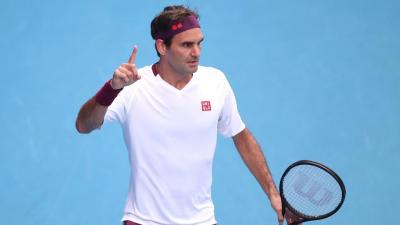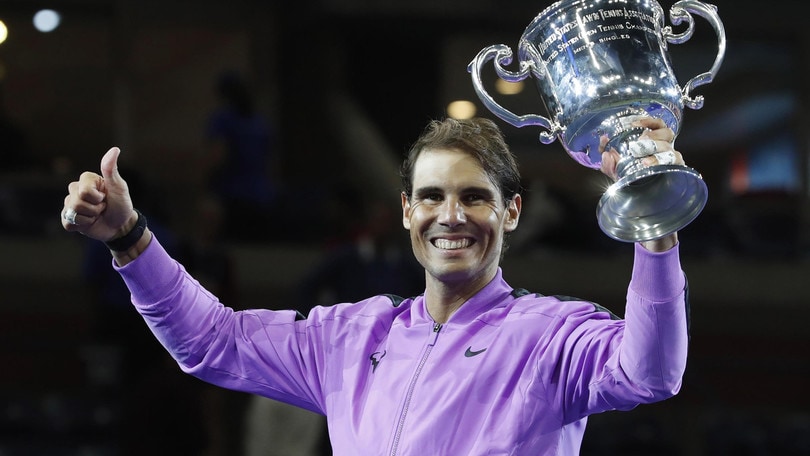“In 2009, on the occasion of the” The Invitational “tournament, Arnold Palmer, the greatest golfer of the sixties, had gone to meet Tiger Woods to congratulate without even waiting for the outcome of the decisive putt of almost 5 meters that he had to sink to win “I knew he would do it simply because with Tiger nothing different can happen,” he was at the top of his golf career.
And instead, his career takes an unexpected curve, taking the tunnel of scandals and physical troubles. On November 28, 2009, following a dispute with his wife Elin Nordegren, Woods slams his Cadillac against a fire hydrant and then crashes into a tree in Isleworth, in the suburbs of Orlando. He spends a few weeks in a clinic to treat sexual addiction, but the problems are just begun.
In April 2011, the Achilles tendon was severely damaged, while in March of the following year he began to suffer for back problems that led him to undergo four surgical operations, including a spinal fusion that would definitely solve his problems. But until two years ago Woods couldn’t even bend to tie his shoes. “I could barely walk. I couldn’t sit down, lay down. I could do practically nothing, “said Woods yesterday after winning the Augusta Masters.
Notah Begay III, a friend of Woods with alcohol problems, puts him in contact with Michael Phelps, the king of swimming who had managed to put behind him a serious form of depression and two arrests for driving while intoxicated. The two talk on the phone, and Phelps, who is also a golf fan, manages to find the key to revitalizing Woods, destroyed by physical pain and above all by the fear of not being able to return to the top anymore “.
Now a few days ago he won the first Major of the season, the Augusta Masters 11 years after his previous success.
Nike, which had recently announced that it would no longer invest in golf, following the victory of the Augusta Masters relaunched Woods with its advertising campaign that had already had testimonials like Serena Williams and Colin Kaepernick.








